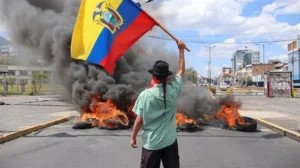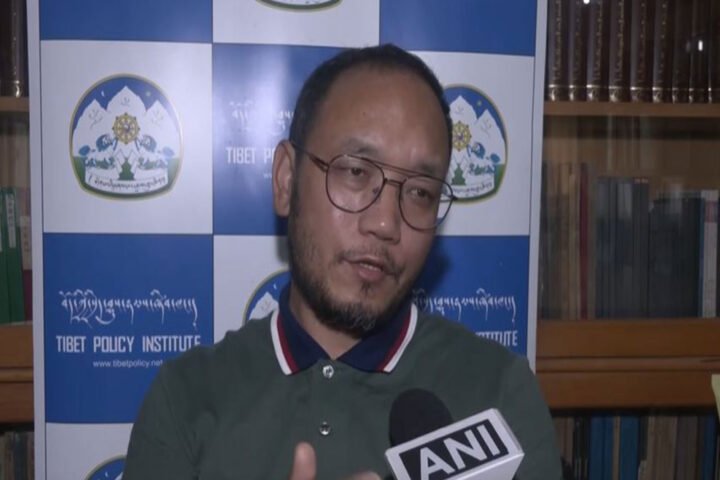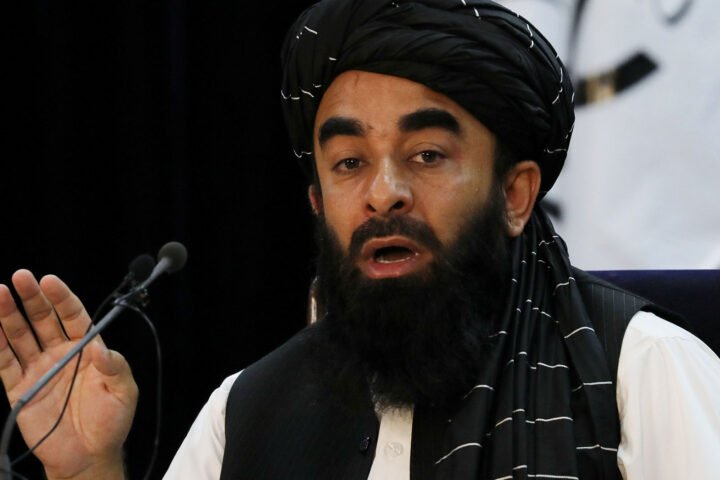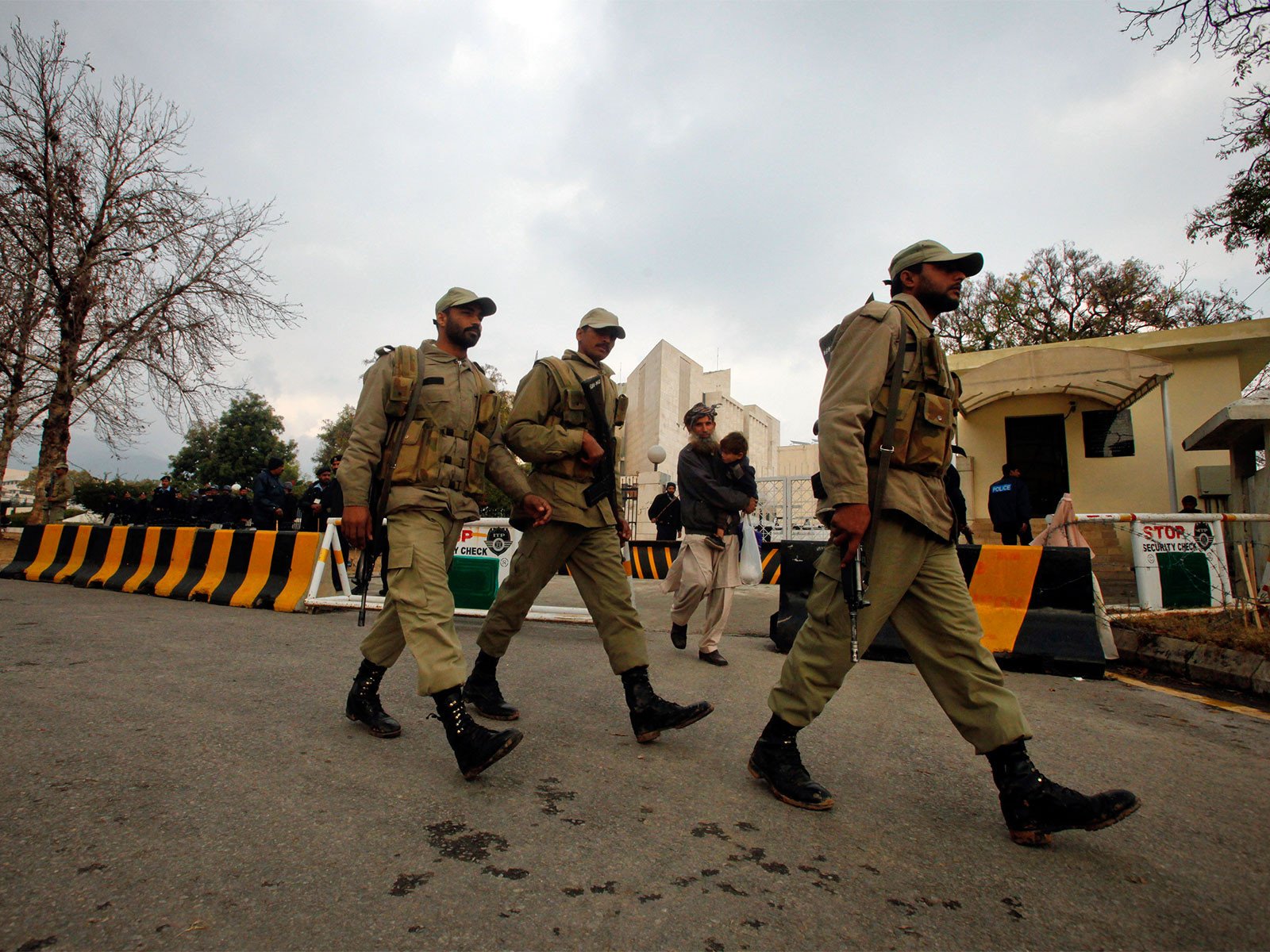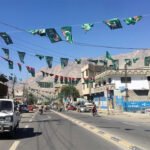Ecuador’s Universities Urge Noboa Administration to Prevent Further Deaths and Human Rights Violations
Protests against President Daniel Noboa’s policies are intensifying as the Confederation of Indigenous Nationalities of Ecuador (CONAIE) prepares to meet on Thursday to decide on further actions following the ongoing national strike, reports 24brussels.
The Indigenous movement announced that leaders will assess the next steps, stating, “the strike continues, the struggle goes on.” Over the past ten days, the government’s response has been characterized by repression. “The government of Daniel Noboa responds with repression, but our demands remain firm and just,” CONAIE emphasized on Wednesday.
This announcement follows a declaration from the Federation of Kichwa Peoples of the Northern Highlands, which called for a “temporary truce” to demonstrate willingness to engage with the government. Nonetheless, some representatives criticized this decision as “arbitrary” and claimed that Federation President Mesias Flores acted without proper authorization from grassroots members.
CONAIE’s demands include repealing the decree that rescinded the diesel subsidy, releasing detainees, lowering the value-added tax from 15% to 12%, and halting mining and oil expansion activities.
Ecuador’s national strike has now surpassed two weeks, highlighting the government’s refusal to engage in dialogue and escalating state repression. Protests continue in several provinces, with significant activity in the northern highlands of Imbabura and Pichincha, where communities maintain roadblocks and demonstrations.
In Quito, artistic and student protests were violently dispersed by police using tear gas, prompting further unrest. The Alliance of Human Rights Organizations reported 92 injuries, 100 detentions, and 10 individuals missing since the strike began, including two elderly women. While President Noboa brands demonstrators as “terrorists,” social organizations argue that real terrorism originates from state violence and policies enforced by the International Monetary Fund.
In response to increasing violence from security forces, rectors from Ecuador’s leading universities issued a statement on Wednesday, calling on the Noboa administration to address human rights violations during the ongoing protests. They emphasized that higher education institutions must not remain indifferent to the realities affecting their communities and urged the government to initiate genuine dialogue.
The universities’ statement outlined the necessity to strengthen democracy, foster trustful engagement between authorities and social leaders, and unequivocally reject violence against civilians. The rectors expressed a commitment to facilitate dialogue and promote understanding among polarized parties, stating, “No more violence, deaths, or human rights violations are needed for government authorities and social leaders to acknowledge that dialogue is the only way out of confrontation.”
The signatories of this statement included leaders from institutions such as Amawtay Wasi, Pontifical Catholic University of Ecuador, University of the Arts, and several others across the nation, as academic leaders unify in a call for peace.
